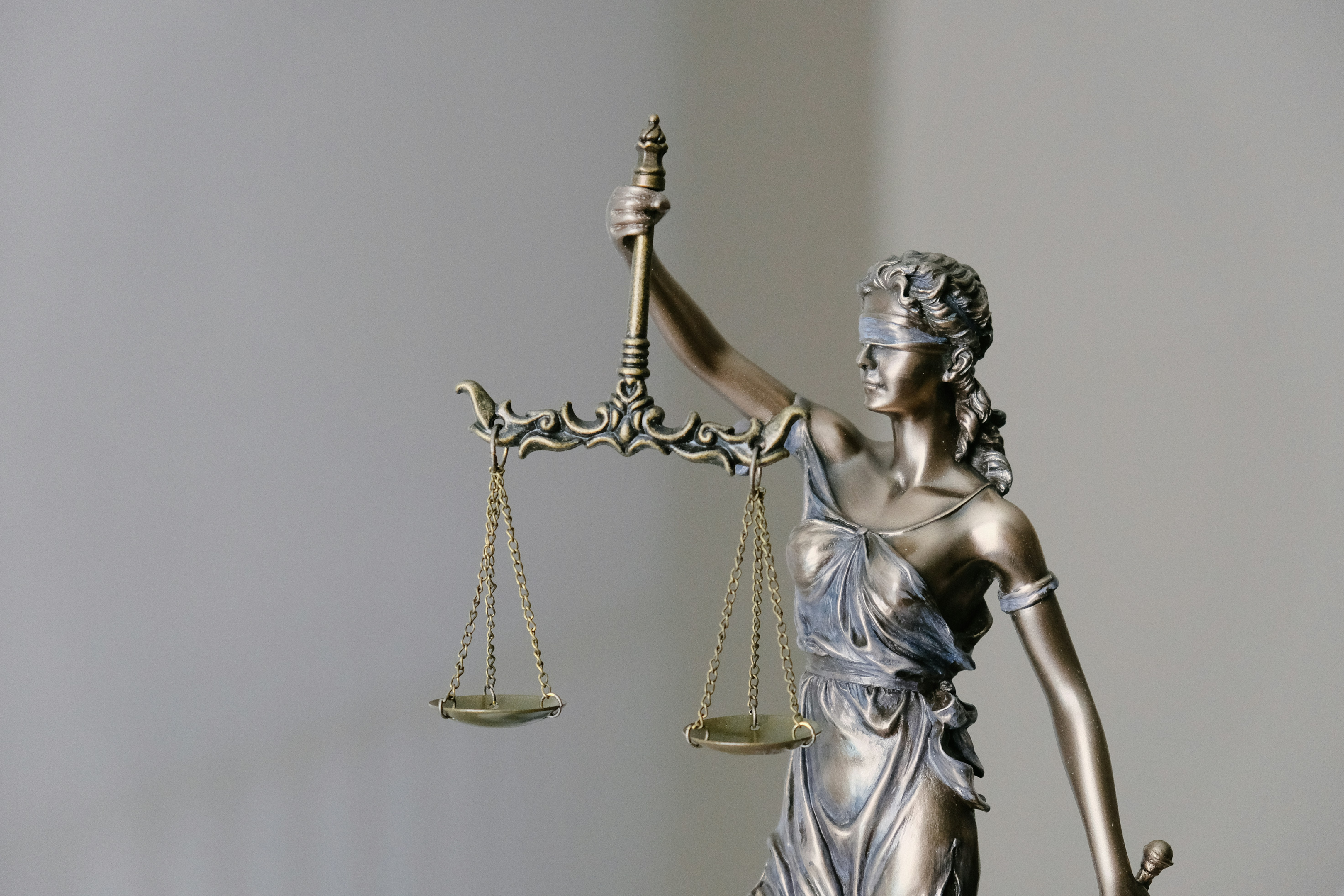Can You Drop Charges Against Someone Before Court?
You might have heard conflicting information about when and how to “drop charges” or decline to “press charges” against someone. That is because people use these terms to discuss different things. You may have heard that only the prosecutor can drop charges. This is true! However, this doesn’t mean the alleged victim has no say in the matter.
The criminal justice system can be daunting, especially when you or a loved one is facing criminal charges. This blog post aims to provide valuable information on how to drop charges against someone, the role of a criminal defense attorney, and what steps you need to take to achieve a favorable outcome. ATX Legal offers no-cost consultation. Call or text 512-677-5003 to speak with an experienced criminal defense lawyer.

Can You Drop Charges Against Someone Before Their Court Date?
One of the most common questions asked is whether charges can be dropped before court proceedings. The short answer is yes, but it involves a detailed legal process and the involvement of several parties, including the prosecutor and the alleged victim. Only the prosecutor can actually have charges dropped, but they will often take input from the victim of the alleged crime.
What Does It Mean to Drop Charges?
Dropping charges means that the prosecution decides not to pursue the case against the defendant. Just because a police officer arrests someone, does not mean that the prosecutor will take the criminal prosecution all the way to a conviction. This can occur for various reasons, such as insufficient evidence or the alleged victim’s request to drop charges.

The Role of a Criminal Defense Attorney
An experienced criminal defense attorney is crucial in navigating the legal complexities involved in dropping charges. They provide legal counsel, help gather evidence, and negotiate with the prosecutor’s office. Often, the prosecuting attorney will not have all the relevant facts. A defense attorney can bring these facts to light. Then, the prosecutor decides whether or not to pursue charges. This is because they have wide prosecutorial discretion in criminal cases.
Steps to Drop Charges
1. Consultation with a Criminal Defense Lawyer
Before taking any action, consult with a criminal defense lawyer. They can provide legal advice and outline the steps needed to proceed. It’s important to heed lawyer’s advice, because the timing and wording of the any letters or affidavits can impact the prosecution’s case.
2. Writing a Letter or Affidavit of Non-prosecution to Drop Charges
A formal letter or affidavit of non-prosecution requesting to drop charges should be submitted to the defense attorney. This letter can include detailed reasons and any supporting evidence, such as a police report or statements from credible witnesses. Always speak with the defense attorney before submitting the letter to the judge, court or prosecutor.
Factors Influencing the Decision to Drop Charges
Insufficient Evidence
If the prosecutor believes there is not sufficient evidence to support the criminal charges, they may decide to drop charges.
Alleged Victim’s Request
The alleged victim can request to drop charges, especially in cases involving a false police report or domestic violence. However, the final decision rests with the prosecutors.
Plea Bargain
In some cases, the defense attorney may negotiate a plea bargain with the prosecutor, resulting in the charges being reduced or dropped. This can be with or without the consent of the alleged victim, but their input, such as an affidavit of non-prosecution is almost always considered.
Legal Implications of Dropping Charges
Impact on the Defendant
Having charges dropped can significantly impact the defendant’s life, eliminating the stress of a court process and potential criminal record. An assault charge, especially one committed against a family member, can have a lasting impact on a person’s life if it turns into a conviction.
Credibility of Witnesses
The prosecutor may consider the credibility of witnesses and the strength of physical evidence when deciding to drop charges.
Common Scenarios for Dropping Charges
Domestic Violence Cases
In domestic violence cases, the alleged victim may choose to drop charges due to personal reasons. Assaults against family members are taken very seriously. However, the prosecutor will evaluate the situation to balance public safety and fairness to the defendant.
If the person who was allegedly assaulted does not want to cooperate to convict the defendant, the case is much more difficult for the prosecutor.
False Police Report
If it is proven that a false police report was filed, the prosecutor is likely to drop charges against the defendant. This does not mean the a new charge for filing a false police report is going to be filed against the complaining witness.
The Court Process and Dropping Charges

Role of the District Attorney (or County Attorney)
The District Attorney (County Attorney for misdemeanors) plays a crucial role in the decision to drop charges. They evaluate the evidence, witness credibility, and overall case strength. They have wide discretion to drop charges against someone for almost any reason.
Court Appointed Attorney vs. Private Attorney
A court appointed attorney can assist those who cannot afford a private attorney. Both types of attorneys can help navigate the process of dropping charges. A private attorney may be more pro-active and in some cases can handles the case more quickly than a court-appointed attorney who may have a larger caseload.
Legal Options and Outcomes
Free Consultation with an Experienced criminal defense lawyer
ATX Legal offers a free consultation to discuss legal options and provide guidance on dropping charges. If you or a loved one is facing criminal prosecution, you can call or text 512-677-5003 to schedule 20-30 minutes to discuss the case.
Legal Action and Maintenance
If charges are dropped in the criminal case, it’s essential to understand the legal implications and maintain proper documentation for future reference. You should speak with a lawyer who handles expunctions and orders of nondisclosure.
Conclusion
Dropping charges against someone involves a complex legal process that requires the expertise of an experienced criminal defense attorney. Whether dealing with a false police report or domestic violence cases, understanding the legal implications and taking the right steps can lead to a favorable outcome. Always seek professional legal counsel to ensure your rights are protected and you are making informed decisions.
